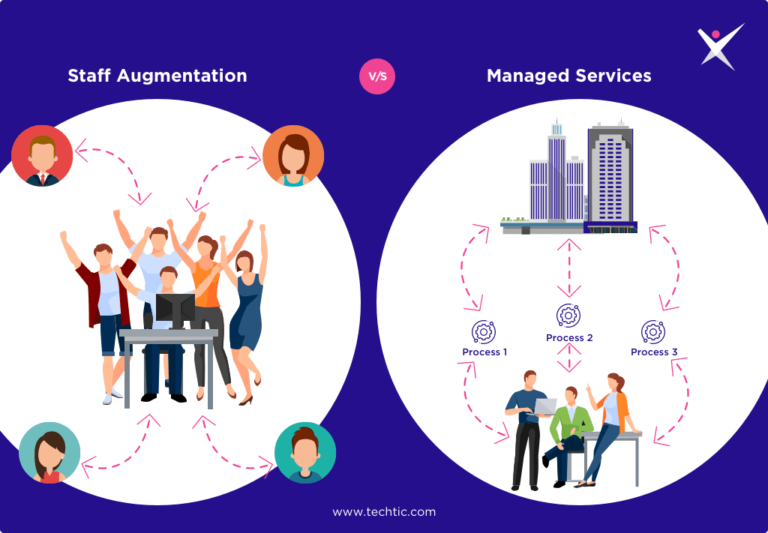A Brief Review of Common Personal Injury Claims
Victims of personal injuries have a limited window of time to start a legal claim against the individual that caused the victim’s injuries. Personal injury laws dictate how the victims file legal claims and what evidence is needed to substantiate their claim. Most cases require medical records that detail the person’s injuries and show how they sustained the injuries. The accident or event that caused the injuries defines what laws apply to the case. It is helpful to seek the advice of an attorney, and the victim gets the opportunity to review their options. Reviewing what to do after an injury helps victims get their day in court.
Auto Accident Claims
After an auto accident, it is imperative for the victim to contact law enforcement and report the accident. After law enforcement officers evaluate the accident, they create an accident report that shows everyone involved in the accident. The report also establishes what party was responsible for causing the accident. If the accountable driver doesn’t have auto insurance, the victim must file a legal claim against them to collect compensation for their financial losses. Local personal injury attorneys help auto accident victims build a case against the at-fault driver.
What to Do After A Doctor Causes an Injury

Medical malpractice cases are based on a doctor’s negligence. According to the claimant, the doctor committed a negligent act when treating them. This could include causing an unnecessary surgical injury, providing the wrong medication, failing to diagnose a disease at a treatable stage, or providing poor quality healthcare. Patients need medical records that show how they sustained their injuries, and the medical evidence must pinpoint the doctor’s actions as the cause of the injury.
How to Proceed After Sustaining an Injury at A Store
Premises liabilities emerge when an individual becomes injured on another party’s property. According to the requirements for a legal claim, the victim must have a valid reason for entering the interior or exterior of the property. For example, the property owner invited the victim into the property, or the property is publicly accessible such as a store. Service providers that must enter the property to complete their job are covered under premises liability laws, too. The basis of the claim is that the property owner knew about the hazard and failed to take action and prevent the victim’s injuries.
Injuries from Defective Products
A product liability case indicates that a product caused a consumer-related injury because of a flaw or defect. After the injury, the consumer must seek medical treatment and generate medical records. When using the products, it’s vital that the consumer followed all instructions as directed, and they didn’t deviate from the instructions. Consumers can report the product to the Bureau of Consumer Rights through the Federal Trade Commission if their injuries were severe. Filing a legal claim against the manufacturer gives the victim a chance to collect compensation if they win.
Faulty Medical Device Claims
When a faulty medical device is discovered, a product recall is issued by the Federal Trade Commission’s Bureau of Consumer Rights. The recall requires doctors that installed the medical devices to perform surgical removals to eliminate further risks to the patients. All patients that received the medical device are entitled to compensation according to the criteria outlined by the federal agency. A class-action lawsuit may be filed when there are multiple claimants seeking compensation from the manufacturer.
An 18-Wheeler Accident Lawsuit
After an 18-wheeler accident, the Federal Motor Carrier Safety Administration requires a thorough investigation to pinpoint the exact cause of the accident. The commercial truck is inspected and evaluated for conditions that could result in an accident such as unbalanced weights, faulty repairs, and a failure to maintain the truck properly.
The driver must provide officers with their logbook that shows all their driving hours, and the driver is tested for controlled substances and alcohol. The evaluations determine if the driver was impaired. If they were under the influence, the driver is charged with a DUI. If they violated federal regulations, the driver faces penalties. The outcome of the investigation defines who or what caused the accident. The information defines the identity of the defendant in the legal claim.
Starting a Claim for Wrongful Death
Wrongful death claims are based on a negligent or criminal act. The basis of the claim is that the defendant caused the victim’s death directly or indirectly. Families can file a wrongful death lawsuit to collect compensation for medical and funeral expenses. Surviving minors may be entitled to lifetime earnings if the victim was their primary means of financial support. If the victim died because of a medical injury, the doctor may be ordered to pay punitive damages to the victim’s family if they win the lawsuit.
Personal Injury Claims for Traumatic Brain Injuries
Traumatic brain injuries could happen for a whole plethora of reasons. When starting a legal claim, the victim or their family is required to present medical evidence for their injury. The evidence should explain how the victim sustained the injuries and how the defendant caused the injuries. The claim could include medical costs for in-home nursing or the cost of nursing home care. The claims include tort-based requests based on serious changes in the victim’s personality and conditions that require more profound medical treatment. The claim should include records for all financial losses caused by the traumatic brain injury.
Personal injury laws outline the statute of limitations for filing a legal claim according to the case type. If the claimant fails to start a claim before the statute runs out, they forfeit their rights t to any compensation. Each case type has its own guidelines for starting a legal claim. The guidelines define what evidence is required for the case to show the court what happened and why the defendant is responsible for the victim’s injuries. The monetary award available to the claimants depends on the severity of their injuries and laws pertaining to the case type. Reviewing personal injury laws helps claimants determine if they have a viable claim.








